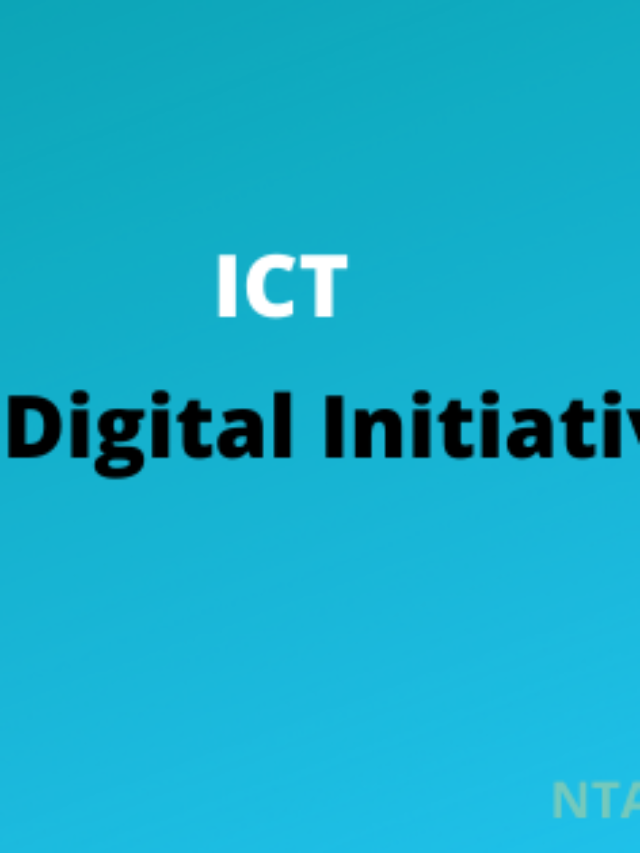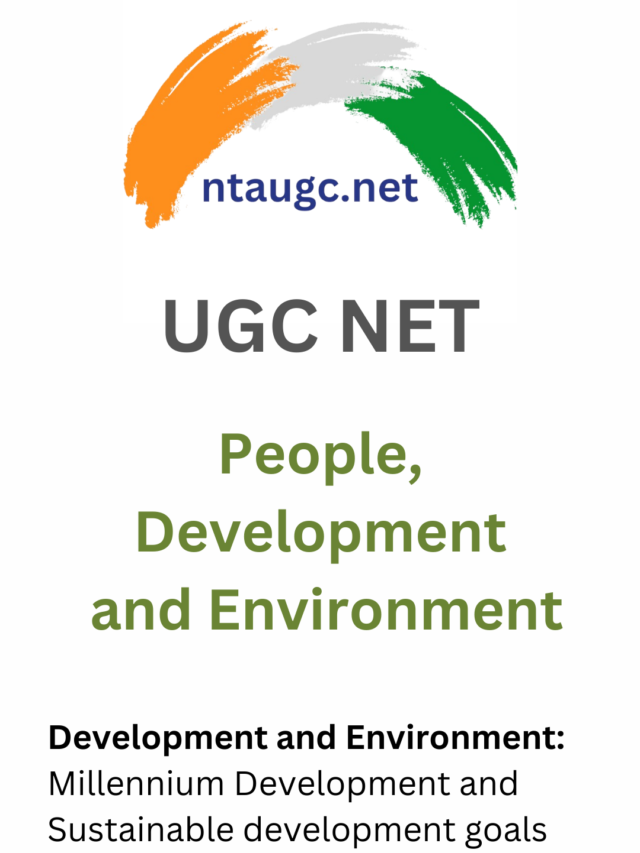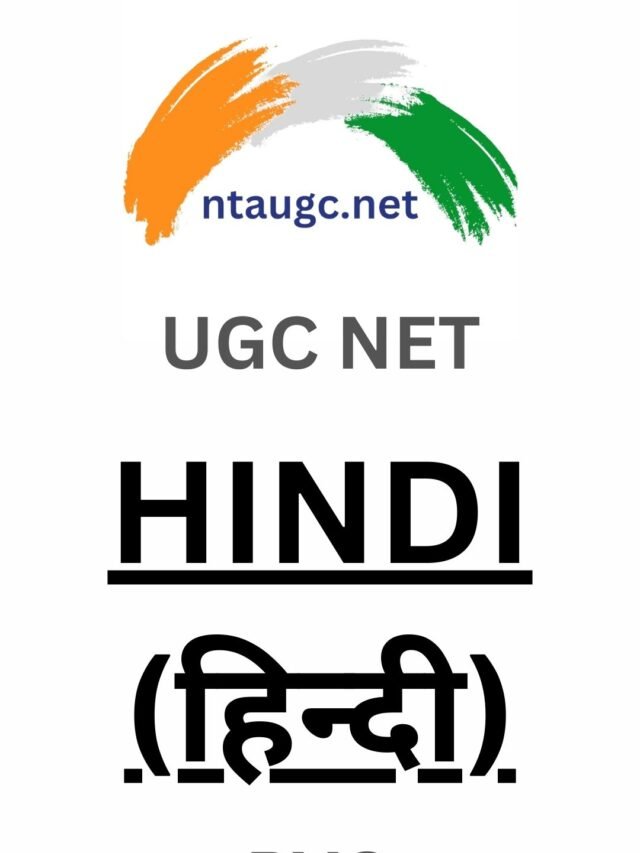Information and Communication Technology (ICT) refers to the use of technology to transmit, receive, process, and store information.
Definition and scope of Information & Communication Technology (ICT)
It encompasses a wide range of technologies and tools, including
Computer hardware and software: This includes personal computers, servers, laptops, tablets, and mobile devices, as well as the operating systems, applications, and programming languages used to run them.
Networking and telecommunications: This includes the infrastructure and technologies used to connect devices and networks, such as routers, switches, modems, and mobile networks.
Data storage and management: This includes the technologies used to store, organize, and manage data, such as databases, data warehousing, and cloud computing.
Internet and web technologies: This includes the technologies used to access and navigate the internet, such as browsers, search engines, and web development tools.
Media and entertainment: This includes the technologies used to create, distribute, and consume digital media, such as video and audio streaming, gaming, and social media.
Business and productivity tools: This includes the technologies used to automate and streamline business processes, such as enterprise resource planning (ERP) systems and customer relationship management (CRM) systems.
Artificial intelligence and machine learning: This includes the technologies used to develop intelligent systems and machines that can learn and adapt to new data and situations.
Internet of things: This includes the technologies used to connect everyday objects and devices to the internet and make them smart, such as smart homes and cities, wearables, and autonomous vehicles.
The scope of ICT includes several areas, including:
Information processing: This includes the use of computers and software to process, analyze, and store data.
Telecommunications: This includes the use of telephone systems, mobile networks, and the internet to transmit and receive information.
Media and entertainment: This includes the use of technology to produce and distribute content, such as films, music, and video games.
E-commerce: This includes the use of technology to facilitate online transactions and support business operations.
E-governance: This includes the use of technology to improve government services and communication with citizens.
Education: This includes the use of technology to enhance teaching and learning, such as online courses and educational software.
Overall, the scope of Information & Communication Technology (ICT) is constantly expanding and evolving as new technologies and tools are developed and adopted.











